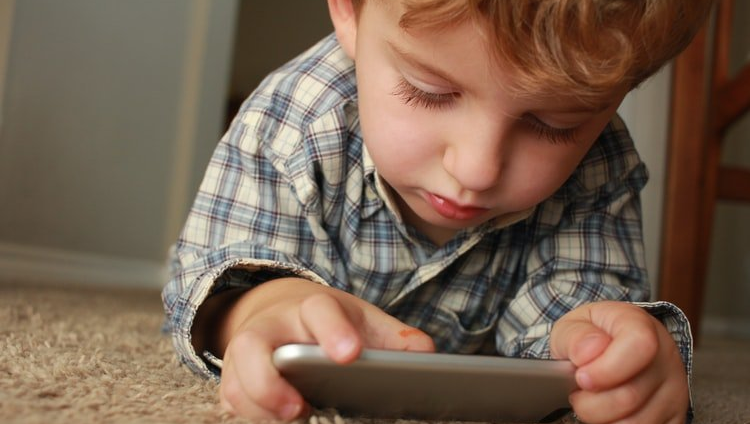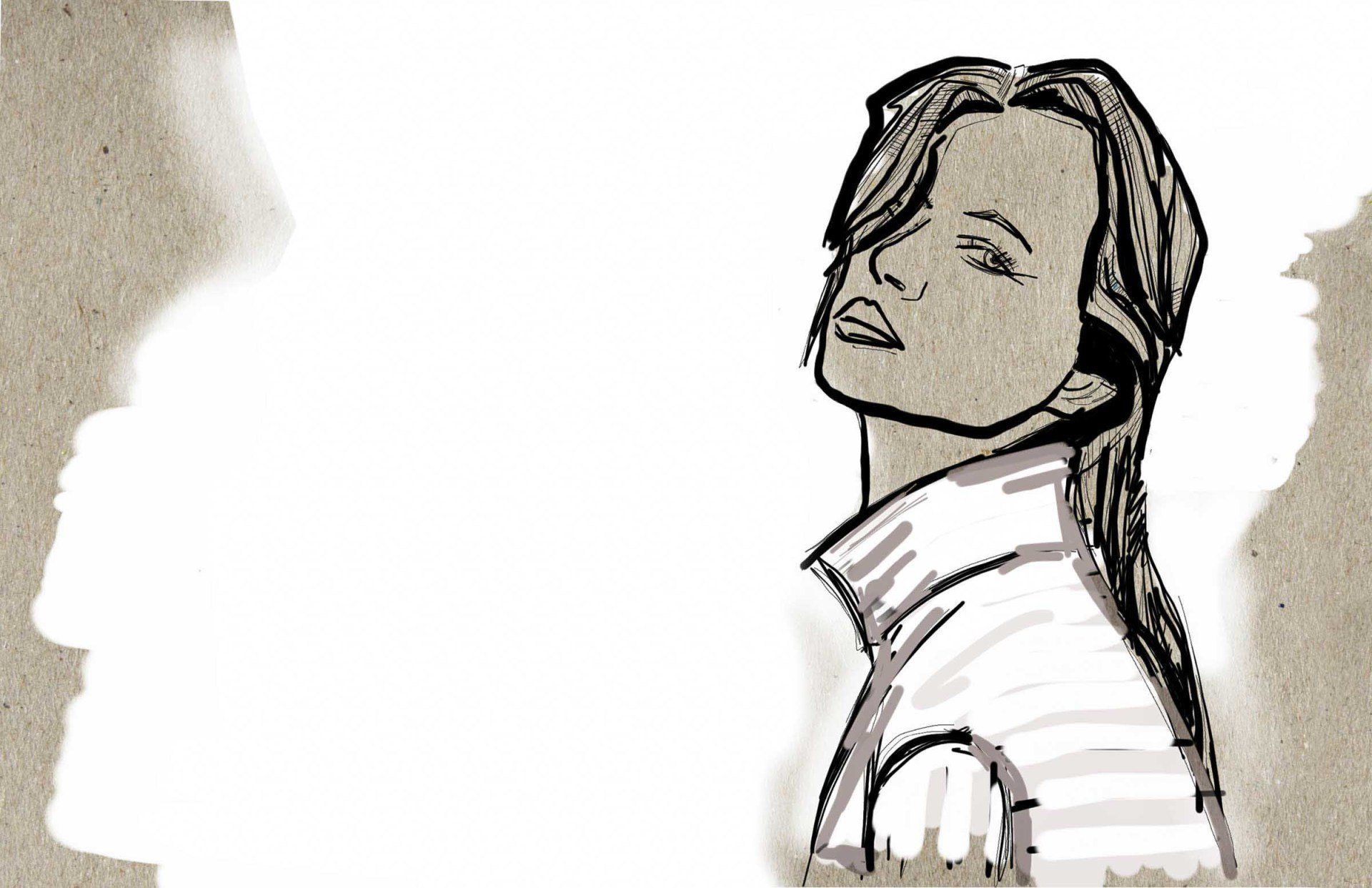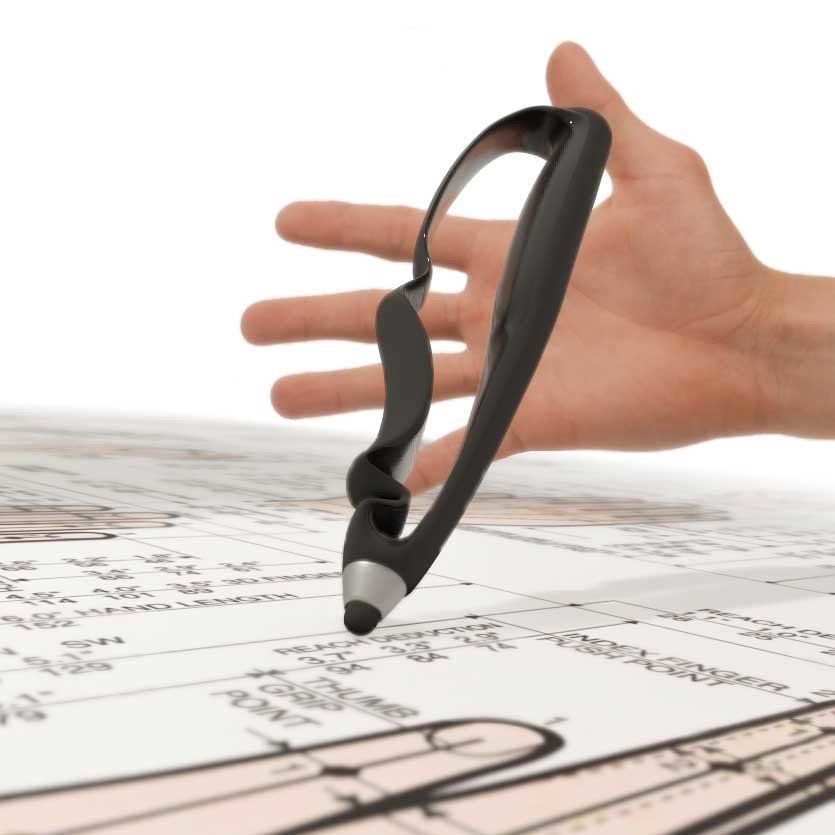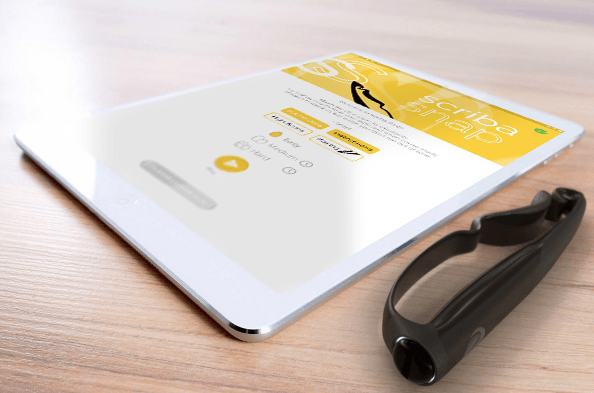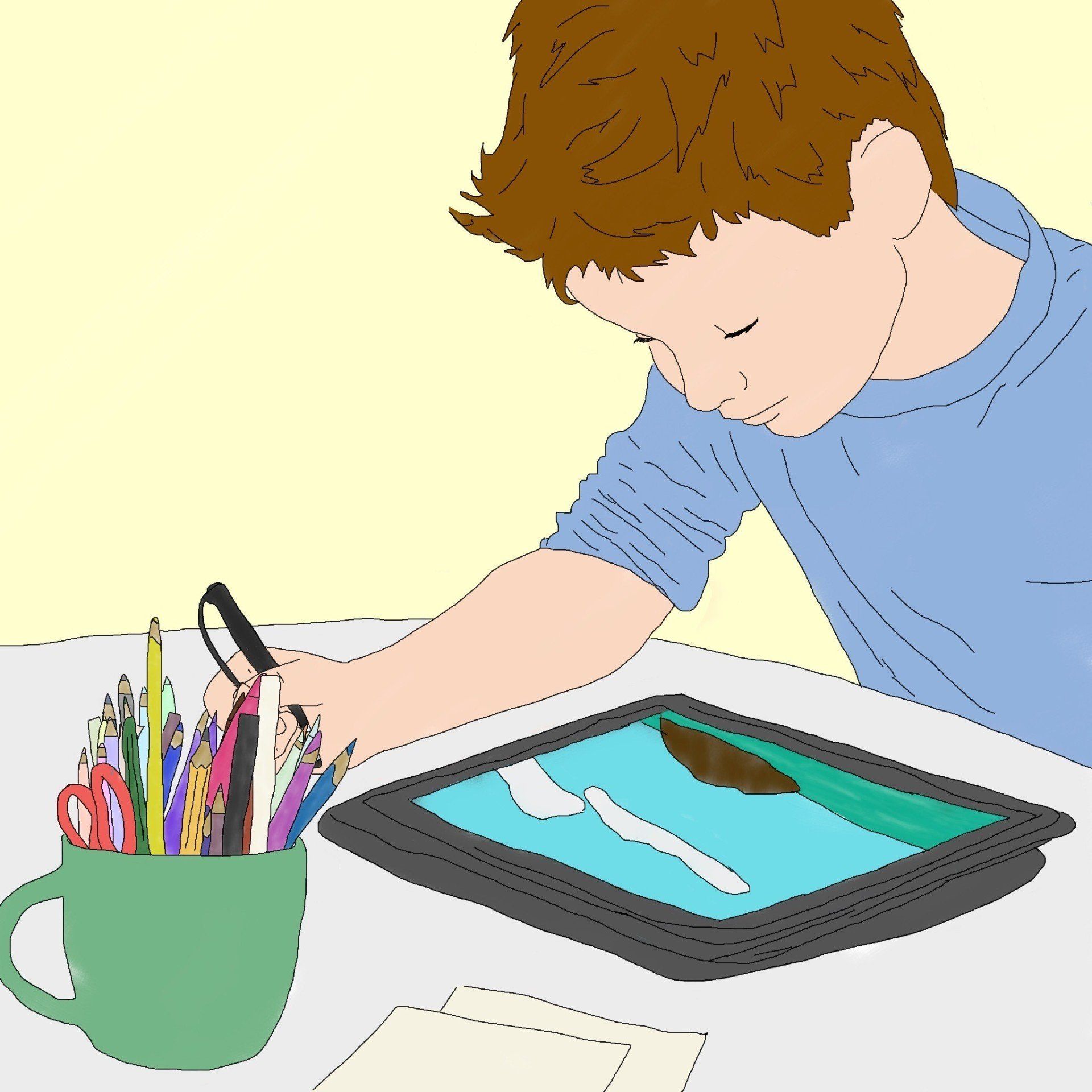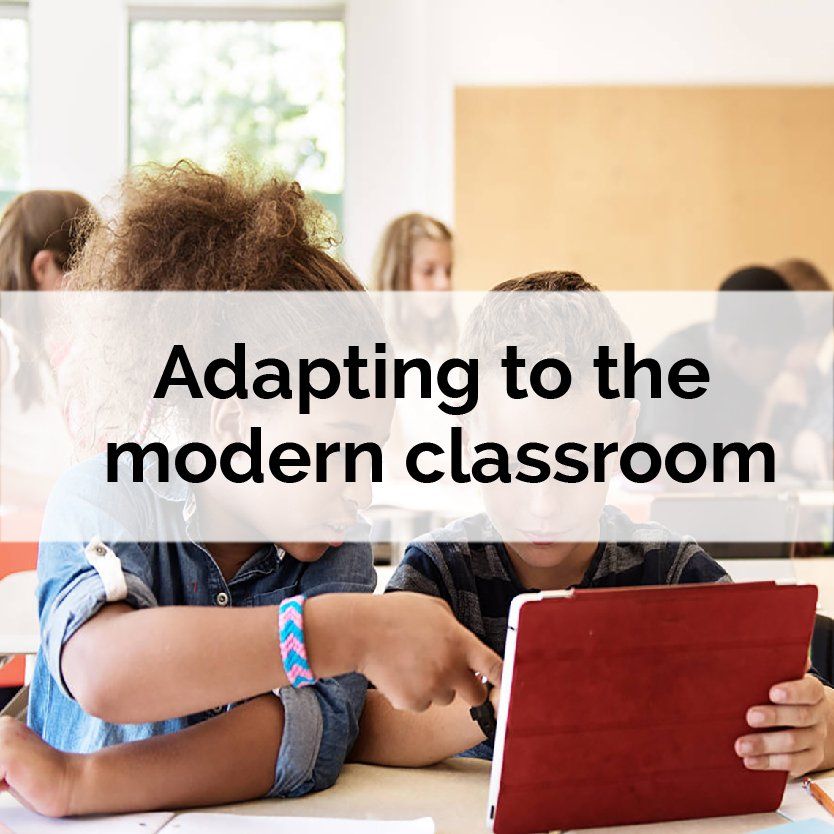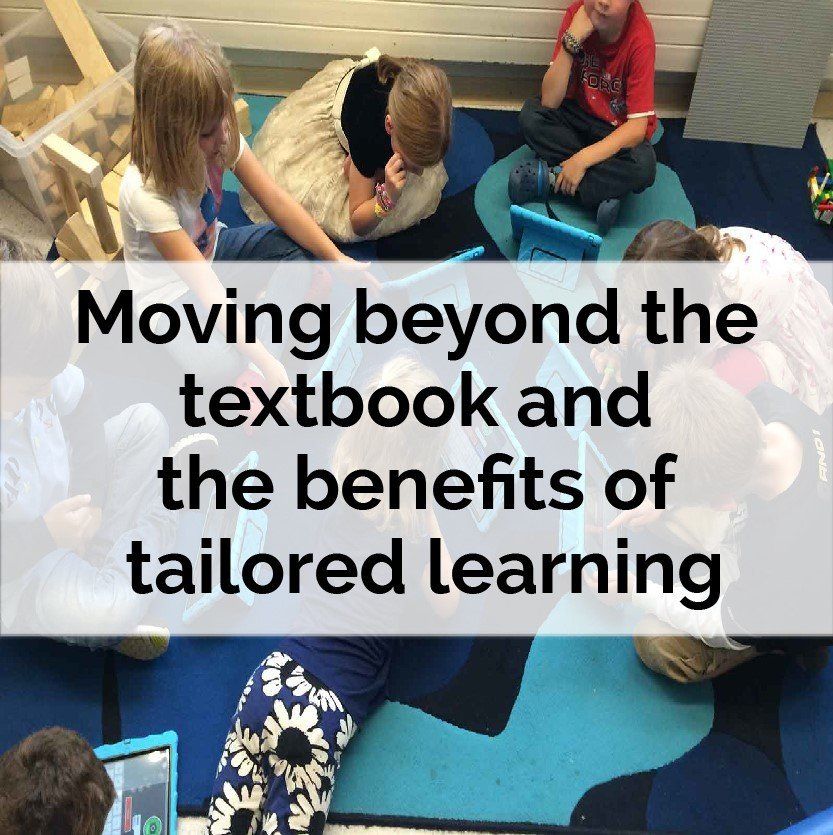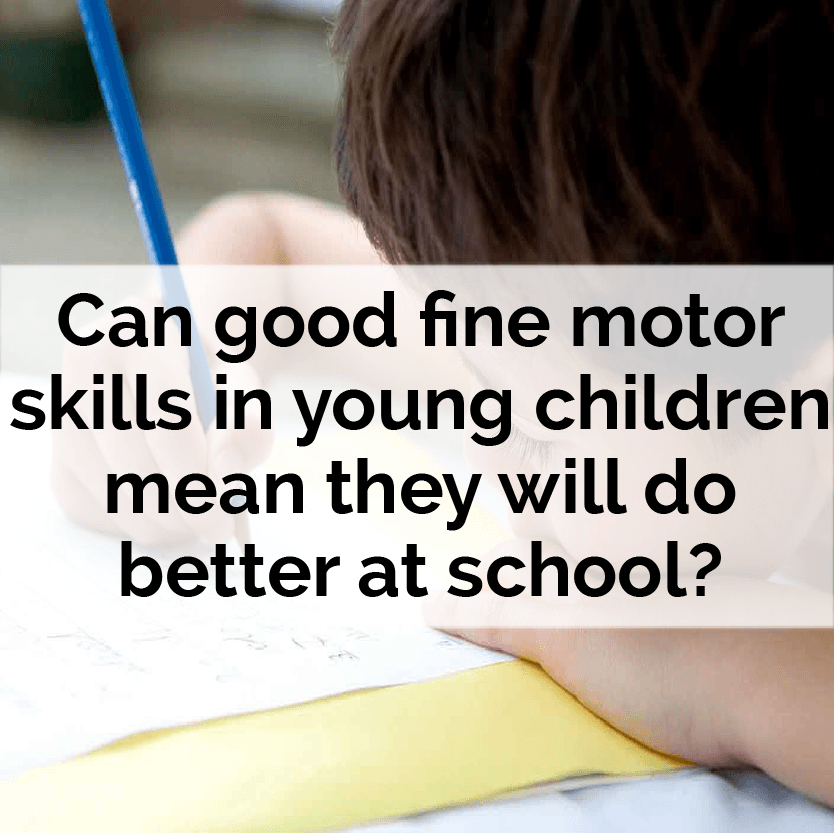1 in 25 children needs assistance in their development of fine motor skills
Scriba DX is here to help
The highly regarded Inspired Treehouse has tested Scriba and highly recommend Scriba as a tool to help drawing and writing practice on a tablet!
We definitely recommend checking out both their site and Instagram feed as Claire and Lauren who run the site are not only practicing paediatric occupational and physical therapists, but they very generously share tips and activities that help children overcome common developmental roadblocks.
Find out more at https://theinspiredtreehouse.com/ and on their Instagram feed https://www.instagram.com/stories/insptreehouse/
-
Get a grip
ButtonScriba's form and shape evolved from the ergonomic goal to promote the tripod grip - the method of holding a pen that we are taught in the earliest days of schooling. As time goes on, this grip is inevitably subverted into our own. While it might be too late for most of us, there is the potential to encourage young hands to translate the small movements of their hands into creative and legible marks on paper and screens.
-
Gamification
ButtonIt can be a struggle to engage a child to repeat seemingly boring exercises. The combination of a tablet computer, Scriba and the gamification of these exercises has been recognised as a great motivator. Different types of games, from puzzles to arcade games to ports of classic mobile games, will keep children interested while developing.
-
Real results
ButtonChildren using Scriba and our specially developed app, Scriba Snap, showed improvement in key aspects of visual motor performance in a preliminary project in collaboration with Trinity College Dublin and the Irish National Paediatric Hospital. Want to get involved in our study? Download Scriba Snap and send your child’s data to help us develop further resources for children with fine motor skill difficulties.
Developing Skills
Apps and Games
Tactile feedback
Contribute to the study
Selected Apps
List of Services
- Scriba Snap (Android)
A simple, yet somewhat addictive game designed to assist young children in the development of hand-eye coordination and fine-motor skills. The aim of the game is to match the size and positions of the two characters one of which is controlled by the squeeze action and tip position of Scriba.
- Scribula (Android)
List Item 1
Flappy Bird in space! Well kinda, another simple app in our suite of education games that support the development of fine motor skills in children. This is a proof of concept, so if you like it, lets us know and we'll build more levels.
- Squeezy Driver (Android)
Use Scriba as the throttle for this simple car game. Far from the polished graphics and immersive experience of games like Fortnite, this simple game is about one thing - helping children develop skills that support writing and drawing. If you like it, lets us know and we'll build more levels.
- A is for... (Android)
Not so much a game, this fun app teaches children character formation in a way that is fun and accessible.
The learning process features fun illustrations and sound effects and rewards the child's perseverance and progress with discreet encouragement - reinforcing their learning.
- Squeezy Bird (Android)
An unashamed port of Flappy Bird.
This arcade classic uses Scriba to control the height of the eponymous bird. Simple pleasures for all, but another engaging way for children to develop hand-eye coordination and fine motor skills.
- Scriba Maze (Android)
The aim of the game is to complete the mazes agains the clock. Scriba's squeeze motion maneuvers the ball horizontally or vertically with a tap on the screen to switch between these orientations. This app is the ultimate testing of the grading skills as a squeeze too hard and the ball will fall into a teleporter.
Articles
